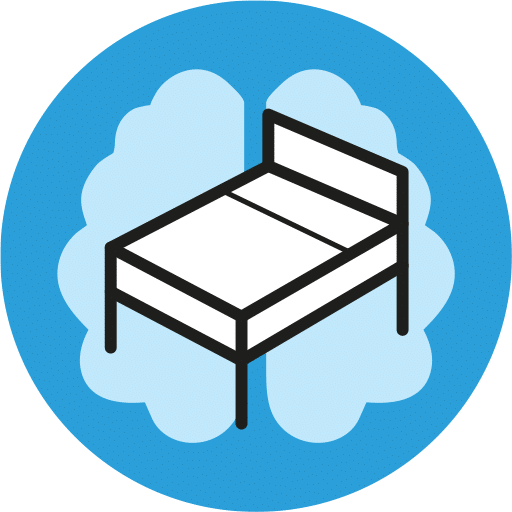Parents often say to me, “My child is 10 years old [or 8 or 9 years old] and is still wetting the bed. Is that normal?”
Their concern is understandable, and to be honest, there isn’t a lot of clarity around the answer. Mostly, people rely on their own experience as a measure of what is or is not “normal”, but that isn’t a truly definitive answer either.
So, let’s dig into a more complete understanding about when bedwetting—medically known as nocturnal enuresis—is considered a problem.
According to the International Children’s Continence Society, bedwetting used to be considered a problem for any child who is 5 years and older. They then changed the age to 6 years old and older.
I strongly disagree with this.
As many as 15% to 25% of 5-year-old children, and 10% of 6-year-olds, are not yet dry in the morning. Those are very high percentages of children experiencing something that is considered a clinical problem—which makes me question the guideline.
Every child is different, of course, but, in general, I don’t consider bedwetting to be a problem until kids are around 8 years old. This is the age when it typically starts to bother them because they tend to feel embarrassed about having to wear pull-up training pants, and they have the awareness that many of their peers no longer wet the bed at night.
I often get calls from parents of younger children, and my typical advice to them is, “If it doesn’t bother your child, then they are not ready for treatment, yet.” This is true whether your child is 7, 8, 9, or 10 years old—or even older. That said, occasionally there are 6 or 7-year-olds who really want to be dry, and sometimes there are kids 12 years and older who are not motivated.
The important point here is that if your child isn’t yet ready to be dry, then I discourage treatment and recommend simply ignoring the problem. Furthermore, when it doesn’t bother a child and their parents push them to be dry, it can create tension in the family. And, more often than not, it is this relational strain that can lead to the child feeling guilty, embarrassed, and maybe even a bit resentful.
So, tincture of time is what I recommend…until it bothers the patient.
Part of the reasoning behind this is based on the fact that nocturnal enuresis resolves on its own in 15% of patients every year. Said differently, if we take 100 kids who are not yet dry in the morning today, then one year from today, 15 of them will be dry. And a year later, 15% of the other 85 will become dry, and so on.
To circle back to the original question—“At what age is bedwetting considered a problem?”—the answer is, when your child’s bedwetting bothers them, they are probably ready for treatment.
The easiest, most effective, and medication-free method to treat them is my comprehensive home video program, Keeping the Bed Dry®. In it, I incorporate medical hypnosis as the bedwetting solution, which is a form of visualization that allows the child to control their bedwetting behavior and often delivers results in a week or less.
To circle back to the original question— “At what age is bedwetting considered a problem?”—the answer is, “When your child’s bedwetting bothers them, they are probably ready for treatment.”
The easiest, most effective, and medication-free method to treat them is the comprehensive home video program, Keeping the Bed Dry®. In it, medical hypnosis is incorporated as the bedwetting solution, which is a form of visualization that allows the child to become dry and often delivers results in a week or less.
As Keeping the Bed Dry® has gained recognition for its effectiveness, pediatricians and specialists have started recommending it to their patients. In fact, more than 50% of the people who purchase the program were recommended to do so by their physician or health care professional.
If your child is ready to become dry, click here to purchase the program today and begin experiencing dry nights.




